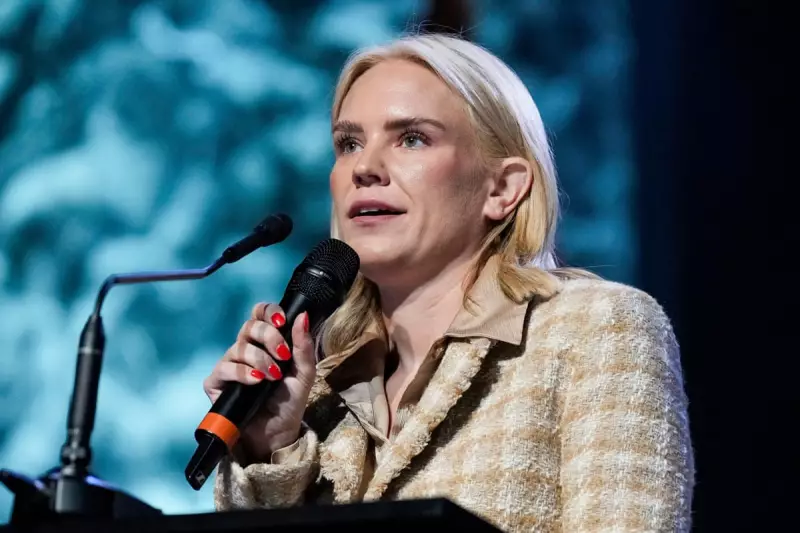
In a bold political move that could reshape Tennessee's congressional landscape, Democrats are mounting their most serious challenge in decades to reclaim a US House seat that has been firmly in Republican hands since 1983.
The special election for Tennessee's seventh congressional district, scheduled for 2 December, has become a crucial battleground where Democratic state representative Aftyn Behn is attempting to capitalise on growing voter discontent over economic pressures.
The Challenger and Her 'Coalition of the Pissed Off'
Aftyn Behn, a progressive state representative, has built her campaign around what she describes as a 'coalition of the pissed off' – voters disillusioned with rising living costs and what she characterises as government favouritism toward corporate interests.
"If you are dissatisfied, if you are not OK with what's going on, then I'm your candidate," Behn declared during a recent campaign appearance. "If you think things are fine, I am not your candidate. If you are upset with the cost and chaos, I am your candidate."
Her opponent, Matt Van Epps, an army veteran backed by former President Donald Trump and several billionaires, represents the Republican establishment in a district where his party finished 21 points ahead of Democrats in the last contest alongside Trump's November presidential victory.
Narrowing Polls and National Significance
Recent opinion polls indicate a dramatic narrowing of the Republican advantage, with two separate surveys showing Van Epps leading Behn by just eight points. This tightening race has attracted significant national attention and resources from both major parties.
The contest serves as a key test for the Democratic Party's ability to harness voter frustration with Trump amid persistent inflation and affordability concerns. Democratic National Committee chair Ken Martin has campaigned alongside Behn, with the DNC providing volunteer support and phone bank operations.
In a significant show of support, Vice President Kamala Harris made a surprise appearance at a Behn campaign event this week – her first as a campaign surrogate since leaving office. Meanwhile, Trump hosted a tele-rally with Van Epps last week, demonstrating the race's importance to both parties.
Economic Pressures and Policy Contrasts
Behn's campaign has focused intensely on economic issues, positioning Tennessee as 'the epicenter of the affordability crisis'. The state ranks tenth in the US for grocery cost burden, measuring the share of income consumers spend on groceries, according to Consumer Affairs.
Housing costs have surged across Tennessee, a trend the non-partisan Sycamore Institute attributes to population growth, pandemic impacts, and insufficient home construction.
Behn has highlighted her refusal of corporate PAC money, contrasting her approach with what she describes as a political system that has "bought and sold to the highest bidder". She recently led opposition to Elon Musk's Boring Company receiving state-owned land at no cost for a high-speed tunnel project, despite local objections.
Healthcare represents another key battleground, with Kaiser Family Foundation analysis estimating that Medicaid cuts under Trump and expiring Affordable Care Act subsidies could increase Tennessee's uninsured population by 210,000 people by 2034.
The state also faces economic vulnerability from Trump's tariffs, with Pew Research finding Tennessee among states most exposed due to global products contributing 21.9% of its gross domestic product in 2024.
Van Epps has declined to debate Behn before the election, while her campaign has pursued an aggressive outreach strategy including appearances on conservative talk radio and extensive door-knocking operations in a state where voter turnout consistently ranks among America's lowest.
Early voting has already begun, with the final outcome on 2 December potentially signalling shifting political tides in a traditionally Republican stronghold.





